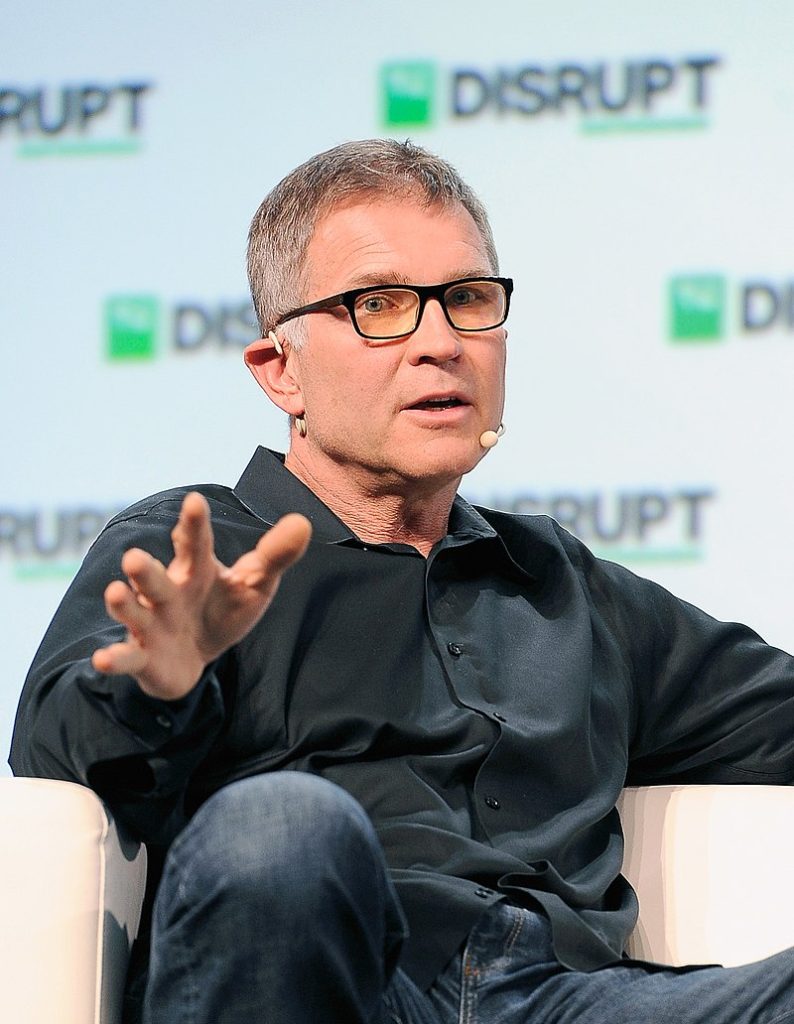
What happens when America’s most famous entrepreneur tells the business world to ditch Delaware? Elon Musk did just that in 2024 publicly urging companies to avoid incorporating in the state after a judge struck down his record-breaking Tesla pay package. The ripple effect was immediate, and it’s still reshaping corporate America’s legal map.
For decades, Delaware was the gold standard for incorporation-home to two-thirds of Fortune 500 companies and prized for its specialized courts and predictable corporate law. But a spate of recent court rulings, rising litigation risk, and a perception of legal unpredictability have prompted a wave of high-profile departures. Everyone from tech giants to real-estate titans is seeking out states they believe offer clearer rules, stronger protections, and sometimes lower costs.
Here are the biggest names to have followed Musk’s lead, why they left, and where they’re planting their legal flags next.

1. Andreessen Horowitz Relocates to Nevada
This summer, in July 2025, the venture capital giant Andreessen Horowitz announced that it would reincorporate its main business-AH Capital Management-in Nevada. It was because of “legal uncertainty” in Delaware “increasingly” becoming an investor and board member concern, according to the firm. In a blog post, the firm pointed to Dropbox, Tripadvisor, and Tesla’s departures as proof there were viable alternatives.
As the largest VC in the country, Andreessen Horowitz made the move public to send a message founders shouldn’t fear investor backlash for leaving Delaware. The firm hopes it’ll embolden portfolio companies to explore jurisdictions with more predictable, statute-based corporate laws.

2. Roblox Choses Nevada for Stability
Shareholders of Roblox approved the gaming platform’s move to Nevada in May 2025. Chief Executive Officer David Baszucki said Nevada’s corporate law “aligns with Roblox’s culture of innovation” and offers a “supportive, predictable environment” for building shareholder value.
The move reflects a wider trend of technology companies getting attracted to legal frameworks they consider less likely to result in unpredictable court interpretations-a key selling point for Nevada’s statute-focused system.

3. Dropbox looks for agility in Nevada
Dropbox told investors in January 2025 that it would reincorporate in Nevada amid what the San Francisco-based company called a “transformational period.” The board decided a predictable, statute-driven legal environment would give it more agility to navigate fast business changes.
Limitations on Nevada director liability, reducing exposure to litigation some companies view as “unmeritorious and costly,” was a “deciding factor” in the move.

4. Pershing Square Follows the Trend
Billionaire investor Bill Ackman said in February 2025 that Pershing Square Capital Management would relocate its management company to Nevada. “Top law firms are recommending Nevada and Texas over Delaware,” he said in a post on X, reflecting similar reasoning from Dropbox and other recent movers.
Ackman also threw in Texas as a contender, in a nod to the way both states are positioning themselves as Delaware’s chief rivals.

5. Trump Media Picks Florida
Trump Media & Technology Group, the operator of Truth Social and other platforms, got shareholder approval in May 2025 to reincorporate in Florida. Its CEO Devin Nunes hailed Florida as “a great place for Trump Media to officially call home” due to its pro-business orientation and “respect for the rule of law.”
It was the political and economic climate of Florida, along with its rise as a corporate hub, that created a conducive destination for companies whose business and values align with such a policy environment.

6. The Trade Desk Votes for Nevada
In late 2024, ad-tech leader The Trade Desk proposed a move to Nevada citing competitive and regulatory shifts, as well as raising concerns about Delaware’s legal climate. Shareholders approved the plan in November.
Filings by the company noted clear statutory rules in Nevada as a way of reducing governance uncertainty-a fairly common refrain these days among departing companies.

7. Simon Property Group Returns to Indiana
In May 2025, retail real estate giant Simon Property Group obtained shareholder approval to reincorporate in Indiana. State officials celebrated the decision as Secretary of State Diego Morales called the decision “a big win” that sends a message Indiana is “open for business.”
The change also offered Simon a better standard of conduct for directors, one that could make serving on a board more appealing and less risky.

8. Coinbase Bets on Texas
Coinbase filed to reincorporate in Texas, citing in a recent The Wall Street Journal opinion piece written by its Chief Legal Officer Paul Grewal that Texas has become “an increasingly attractive hub for innovative companies.” He attributed this, in part, to recent legislation including Senate Bill 29, which codified the business judgment rule and established a Texas Business Court system.
In this sense, Texas brings both a modernized legal framework and a growing ecosystem for tech and finance to Coinbase.

9. SpaceX and Tesla Lead the Charge
Among the first high-profile defections were those by Elon Musk’s SpaceX and Tesla. Both reincorporated in Texas after the Delaware Court of Chancery voided Musk’s $55 billion Tesla pay package. Musk warned on X that if the verdict stood, it would “be used as precedent in every fake shareholder case” against Delaware-incorporated companies. Their exits not only set the tone for the so-called “DExit” but also emboldened other controlled companies to reconsider Delaware’s once-unquestioned dominance.
The corporate exodus from Delaware is only beginning to fill its pages, yet the list of those leaving is already a Who’s Who of power players. Delaware may still be the incorporation capital, but the ascendance of Nevada, Texas, and Florida suggests the battle for corporate allegiance has finally gotten hot. For executives, investors, and boards, deciding where to plant a company’s legal flag has never been more strategic-or more public.


